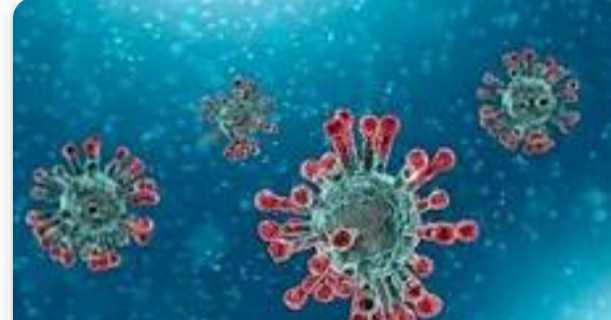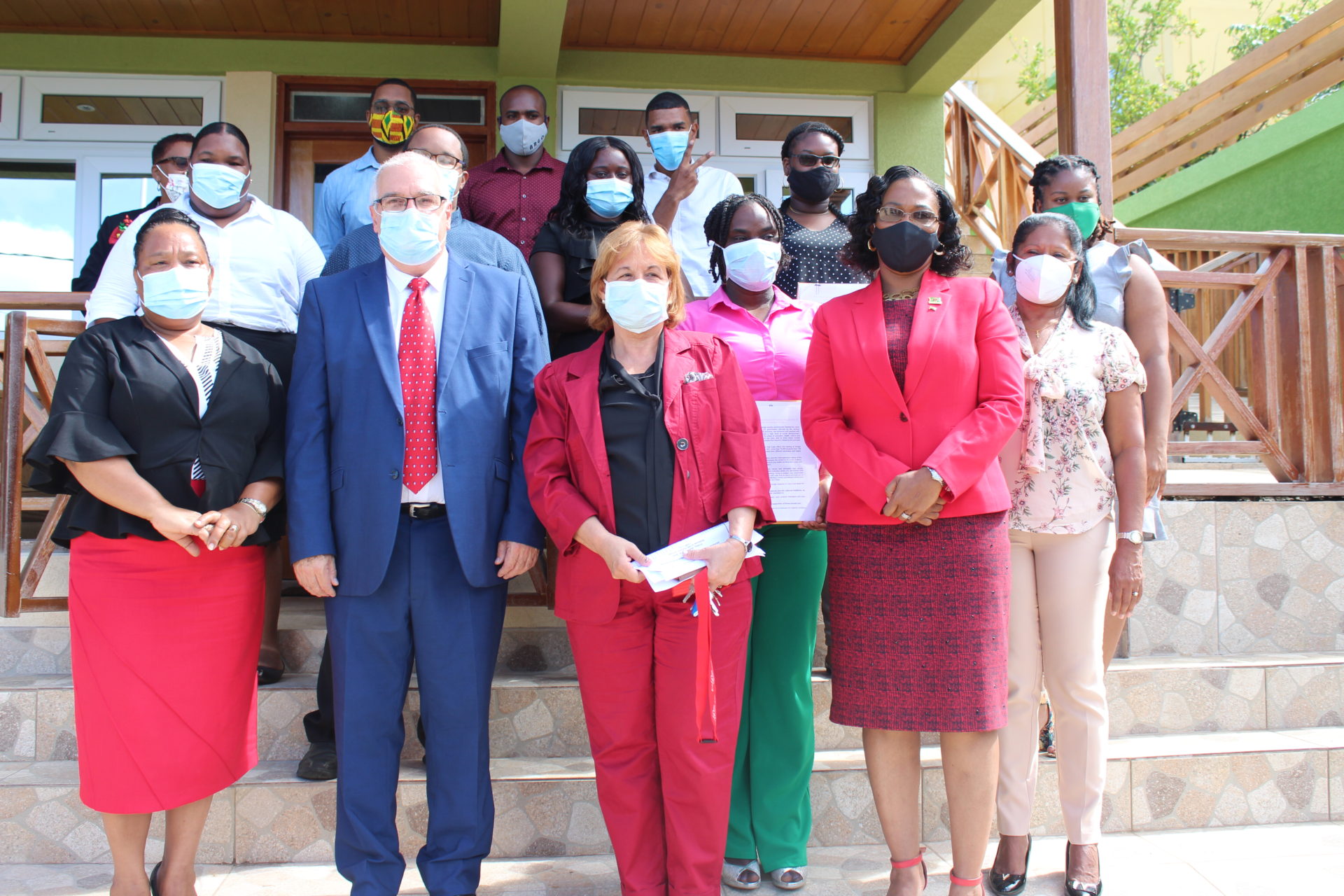
Bridgetown, Barbados 21 December 2020: On 14 December 2020, authorities of the United Kingdom (UK) reported that a SARS-CoV-2 variant has been identified through viral genomic sequencing in 1,108 individuals as of 13 December 2020.
Given the identified variant strain can be dated back to September 2020 in UK, it is likely this virus is circulating elsewhere. Further studies are needed to characterize if this variant strain is different in terms of virulence, transmissibility, and other characteristics. Given the many factors that contribute to transmission dynamics, there is not sufficient evidence yet to support that this strain or any other particular strain or mutation might be fully associated to an increased infectivity pattern or virulence or vaccine efficacy. We will continue to inform countries and the public as we learn more.
Therefore, more large-scale population studies are required in addition to the genomic surveillance of SARS-CoV-2. However, given the intense transmission and rapid spread in areas where the variant SARS-CoV-2 strain has been found, UK is undertaking further investigations.
The UK government has reported that there is no evidence at this stage to suggest the Covid-19 vaccines currently being rolled out across the country will not work against the new variant of coronavirus.
All viruses, including the SARS-CoV-2, change over time. There have so far been hundreds of variations of this virus identified worldwide and PAHO/WHO has been following them closely. So far, most changes of this virus have had little to no impact on how it transmits or the severity of disease it causes.
Since the initial genomic characterization of SARS-CoV-2, the virus has been divided into different genetic groups or clades. The occurrence of mutations is a natural and expected event within the evolution process of the virus. In fact, some specific mutations define the viral genetic groups currently circulating globally.
Although some specific mutations have been associated to a potentially increased infectivity in vitro (and in some animal models), these experimental findings may not accurately reflect the effect of variants on virus transmissibility within the human population. In fact, evidence indicates that the SARSCoV-2 viral variants identified to date have a much lesser influence on the transmissibility and severity of COVID-19 than other risk factors, such as age, underlying conditions, or even social behavior and attachment to Public Health measures.
It is important to remind communities and health workers of the basic principles to reduce the general risk of transmission of acute respiratory infections:
- Avoiding close contact with people suffering from acute respiratory infections.
- Frequent hand-washing, especially after direct contact with ill people or their environment.
- Avoiding unprotected contact with farm or wild animals.
- People with symptoms of acute respiratory infection should practice cough etiquette (maintain distance, cover coughs and sneezes with disposable tissues or clothing, and wash hands).
- Within healthcare facilities, enhance standard infection prevention and control practices in hospitals, especially in emergency departments.
WHO recommends the health measures as listed above for all travelers, including to and from the United Kingdom. In case of symptoms suggestive of acute respiratory illness either during or after travel, travelers are encouraged to seek medical attention and share their travel history with their health care provider. Health authorities should work with travel, transport, and tourism sectors to provide travelers with information to reduce the general risk of acute respiratory infections, via travel health clinics, travel agencies, conveyance operators, and at points of entry.
PAHO/WHO Representative to Barbados and Eastern Caribbean Countries






